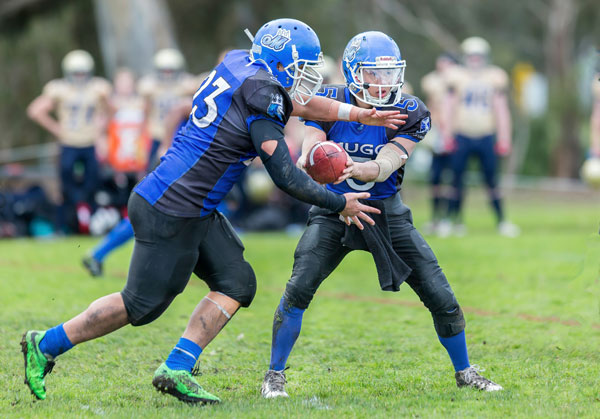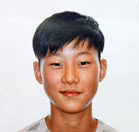Regular exercise affects the academic grades of the students

[Sports. Photo Credit to unsplash]
According to a study published in the Journal of Physical Activity and Health, researchers discovered that participation in sports during childhood improves academic performance and university attendance rates.
The research, which tracked 4,000 Australian children from ages 4 to 13 until they reached 21, demonstrated that sports participation led to improved attention, reduced absenteeism, and an increased likelihood of pursuing higher education.
“It is increasingly important for schools to find ways for students to actively participate in sports to enhance academic achievement,” says lead author Owen.
The science behind this connection is clear: exercise increases blood flow to the brain, facilitating the formation of neural connections.
Athletes develop valuable skills through understanding game rules and processing information about teammates and opponents - abilities that translate well to classroom performance.
The findings align with previous research, including a notable 2010 study at Naperville Central High School in Illinois.There, students who were given the opportunity to participate in dynamic physical education classes at the start of the day saw remarkable improvements.
The results were astonishing: reading scores nearly doubled, while math scores increased twentyfold.
The study also found that just 30 minutes in the gym led to up to a 10% increase in problem-solving efficiency.
Experts suggest that improved concentration from regular physical activity allows students to listen more attentively, take better notes, and participate more actively in class.
This enhanced engagement naturally leads to improved grades and overall academic performance.
As many have observed, activities as simple as a brisk walk can help clear mental fog and improve concentration during afternoon slumps.
To maximize these benefits, education experts recommend that schools and parents must work closely together.
Schools should strengthen physical education programs and offer diverse after-school sports clubs, while parents can support these efforts by planning family-oriented physical activities and exercising with their children.
The benefits of physical activity extend beyond traditional sports settings.
Research indicates that sitting for long periods focused solely on studying can decrease learning efficiency and lead to mental discomfort.
However, regular exercise provides an opportunity to stabilize and organize one’s mind, contributing to improved academic focus.
The challenge of maintaining regular physical activity is particularly acute in the fast-paced modern society, where balancing multiple responsibilities often leads to neglecting exercise.
This is why experts emphasize that parents must actively participate by allocating time for family-oriented physical activities, particularly on weekends.
These collaborative efforts between schools and families can help students naturally include regular exercise into their daily routines, ultimately supporting both their physical health and academic success.

- Sean Jung / Grade 10 Session 1
- Eric Hamber Secondary School

![THE HERALD STUDENT REPORTERS [US]](/assets/images/logo_student_us.png)
![THE HERALD STUDENT REPORTERS [Canada]](/assets/images/logo_student_ca.png)
